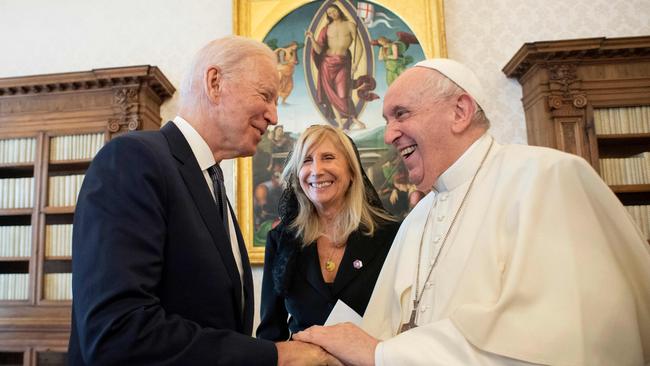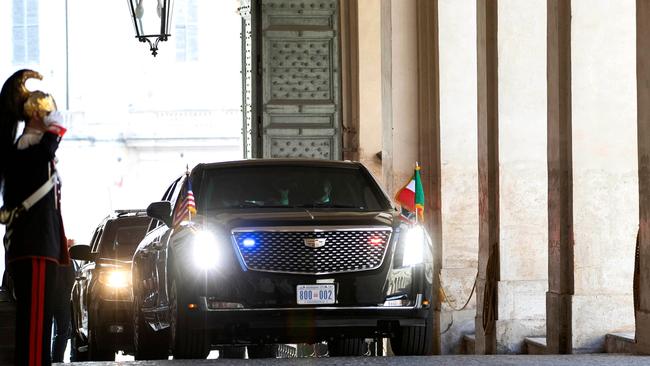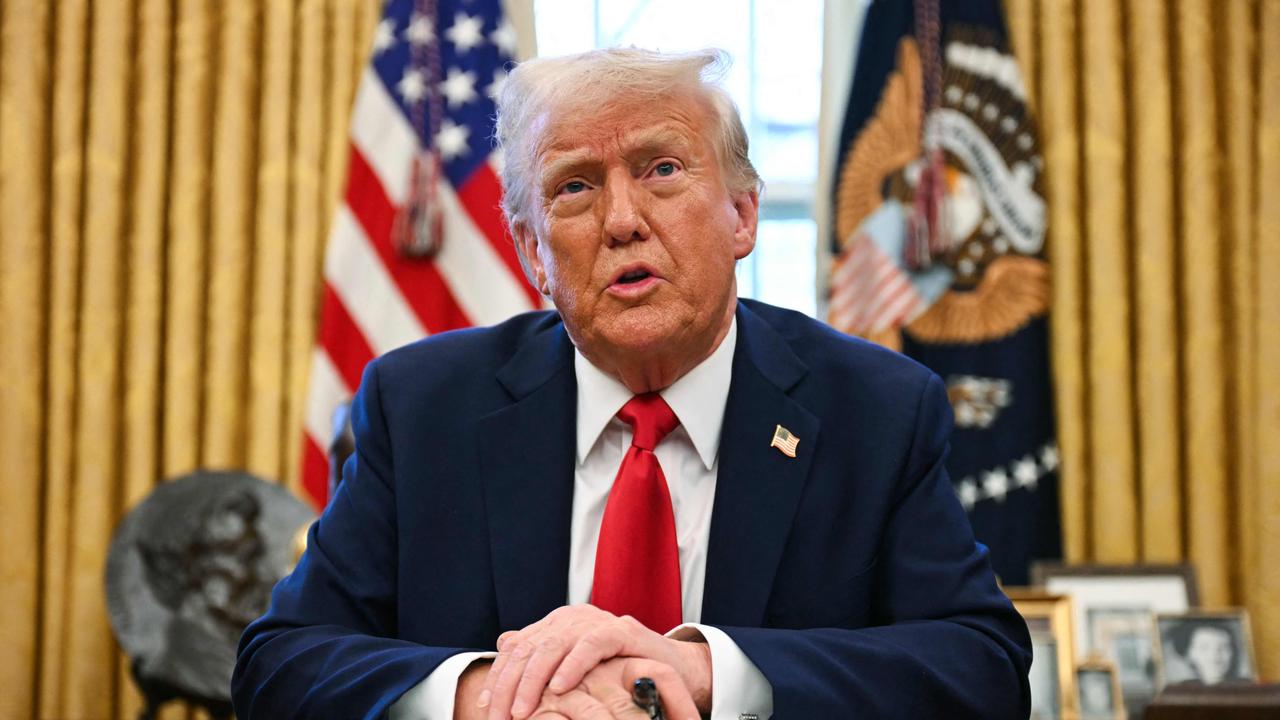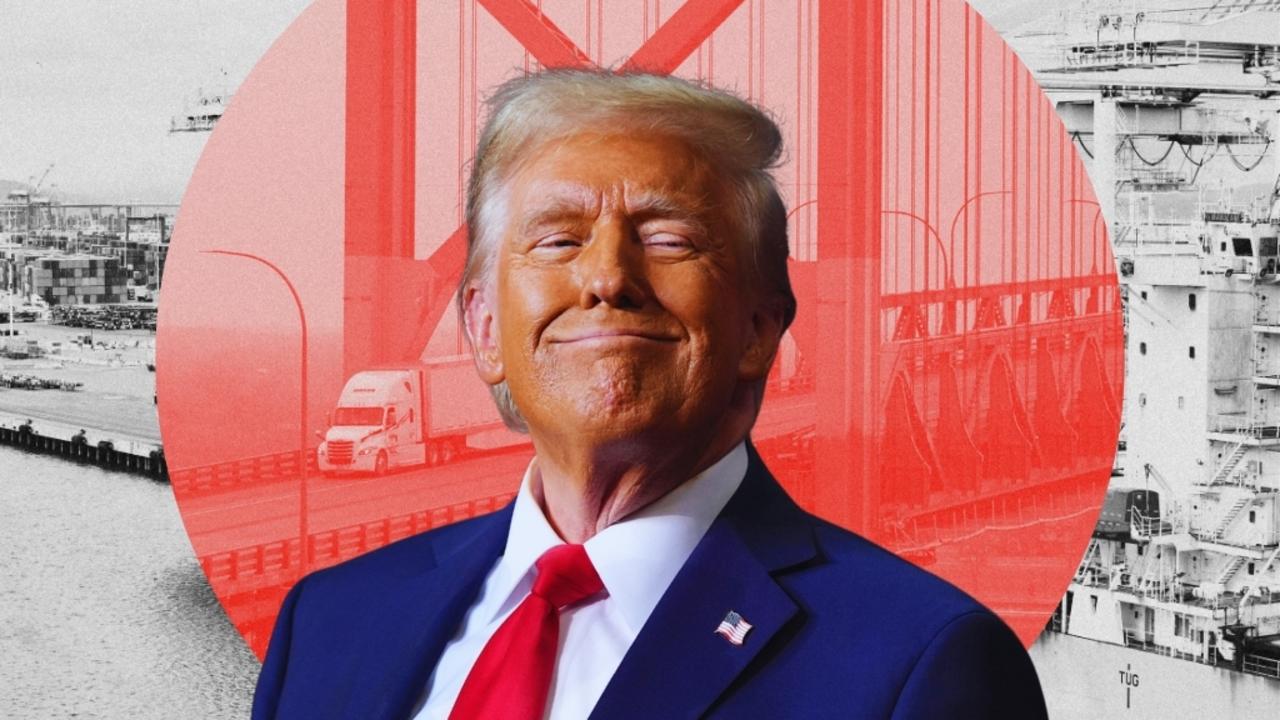
If there’s a defining feature of modern progressives’ self-image, it’s the idea that — by dint of their supposedly superior education, their association with like-minded members of global elites and their immersion in the various rites of the contemporary secular religion — they are more knowledgeable and virtuous than you, the inferior classes.
Democratic leaders, and the academic, corporate and media people who sustain them, nurture their luxury beliefs, comfortable in the conviction of their own moral supremacy.
We shouldn’t be surprised. There’s been a social revolution in this country and the wider West in the past 50 years in which, by a remarkable inversion, the left — which used to represent the interests of the outsiders, the disadvantaged — is in almost total control of the institutions of the establishment.
They are the masters now. And like masters through most of history — from tribal chiefs to Roman patricians, absolutist monarchs and totalitarian tyrants — their superiority is such that the rules they make don’t apply to them.
It’s been on display most clearly in the past year over Covid-19. A succession of Democratic leaders have sternly told us to stay home and masked while supping maskless in fancy restaurants, enjoying exclusive privileges in hair salons, or partying with fellow progressives in jazz clubs.
It’s been evident in the year of hectoring we’ve received from our leaders about the inherent racism of the American system.
When fabulously privileged white progressives talk about the evils of white privilege, don’t think they’re talking about themselves. They are morally excluded from such judgments because they subscribe to all the right nostrums about diversity, equity and inclusion. They mean you.
Giant companies run by white chief executives, who live in a luxury and security no colonist oppressor could have dreamed of, feel free to lecture Americans on their loathsome prejudices. Just don’t ask them to make way for any of the oppressed people they profess to champion.
Our masters’ doubletalk will be on full display in the next week or two at the COP26 climate summit, when politicians, chief executives and leaders of environmental groups will deliver their grave warnings about the sacrifices that must be made to save the planet from extinction.
You’ve seen it already in simple acts of hypocrisy such as President Biden driving through Rome last week in an 85-car motorcade to show up at the Vatican for a meeting in which he and Pope Francis solemnly pledged to fight the “climate crisis”.

Or in the spectacle of tens of thousands of people flying into Glasgow, staying for weeks in comfortably warm, well-lit hotels through a darkening autumn, sustained no doubt by a stream of finely produced victuals. Never in the field of human confabs was so much salmon smoked by so many for so few.
You’ve seen it too in a president who shuts down natural-gas pipelines in the US not long after his son, on the basis of no expertise whatever, has collected millions of dollars for attending the occasional board meeting of one of eastern Europe’s largest natural-gas companies.
That continuing assault on US fossil-fuel production happens at the same time as the Biden administration nods approvingly at a Russian pipeline that will supply gas to Europe.
The ultimate demonstration of the gulf between our leaders’ alarmist prescriptions and the reality of life for the rest of us can be witnessed in an energy crisis that is pushing up fuel bills for hard-pressed working people, thanks in large part to policies that have prematurely reduced gas production, inexplicably killed off nuclear power in countries like Germany, and made our fragile economy dependent on wind power when the wind doesn’t blow and solar power when the sun don’t shine.
The higher costs of energy fall disproportionately on the poor and middle class, for whom it represents a sizeable proportion of their total spending. For the laid-off coal miner in Appalachia or the family struggling to meet its heating bills in a freezing Midwestern winter, the climate demands we’ll hear so much about in the next few weeks have a much more immediate impact than for the proliferating crowd of well-heeled “ESG” investors.
“Folks, we all have that obligation — that obligation to our children and to our grandchildren,” Mr Biden said last week, addressing the climate crisis. But the words need careful parsing. In the newspeak of progressive sanctimony, pronouns are different. In this case, “we” means you.
Roughly translated, Mr Biden says: My obligation is to talk at length about moral imperatives, to cite ever more alarmist scenarios about the threat we face and to commit to ever grander projects and spending plans for which I get slapped on the back for my courage over lavish dinners in international hotels and blessed in papal palaces.
Your obligation is to pay for it.






